November 27 marks 30 years since Raith Rovers pulled off one Scottish football’s biggest ever shocks to lift the Coca-Cola Cup.
‘Unthinkable, surely’ is what TV commentator Jock Brown famously said about the prospects of Paul McStay failing to convert his decisive spot-kick in the penalty shoot-out.
But it also summed up the magnitude of second-tier Rovers stunning Celtic in a League Cup final that ended 2-2 after extra-time at Ibrox – and then had fans ‘dancing in the streets of Raith’.
Courier Sport has taken a look at where the heroes are now.
Jimmy Nicholl
As well as playing for Northern Ireland at the 1982 and 1986 World Cups, Nicholl was an FA Cup winner with Manchester United and a League Cup champion with Rangers.
But 1994 was his crowning glory as a manager.
He subsequently led Raith into Europe and that Bayern Munich fairytale before leaving for Millwall in 1996.
He then had a second stint with Raith before teaming up with Jimmy Calderwood as number two at Dunfermline, Aberdeen and Kilmarnock, as well as further roles at Hibernian, St Mirren and Dundee and manager at Cowdenbeath.
The 67-year-old is currently assistant to Michael O’Neill with the Northern Ireland national team.
Scott Thomson
The hero of the penalty shoot-out at Ibrox, saving Paul McStay’s pivotal penalty, Thomson went on to play for Hull City, Airdrie and Dunfermline before retiring as a player in 2003.
The former Dundee United and Forfar custodian then began a successful career as a goalkeeper coach at Dunfermline before moving on to United, Hibernian and then Ross County, where he has been for the last decade.
The 58-year-old’s son, Robbie, followed in his father’s footsteps in 2018 by joining Raith and is now the club’s goalkeeper coach.
Stephen McAnespie
McAnespie won the cup just a matter of a few months after joining Raith following spells with Aberdeen and Västerhaninge IF in Sweden.
Less than a year after helping Rovers to glory, the full-back became the club’s most expensive player when he was sold to Bolton Wanderers for £900,000.
Stints with Fulham, Cambridge United and Partick Thistle followed before he moved into coaching after retirement.
As assistant at the New Orleans Shell Shockers in the United States, he was caught up in the horrors of Hurricane Katrina before a dramatic rooftop rescue.
He led the soccer programme at Brother Martin High School in New Orleans until earlier this year and remains in the US.
Julian Broddle
A Yorkshireman who began his career with Sheffield United, the experienced Broddle arrived at Raith via time with Scunthorpe United, Barnsley, Plymouth Argyle, St Mirren and Partick Thistle.
The left-back subsequently joined East Fife and Ross County before retiring and joining the police.
His rollercoaster time in the force with South Yorkshire and Greater Manchester Police is detailed in his autobiography, ‘Down the Line’.
He now lives in Spain.
David Narey
Famous internationally for his ‘toe poke’ for Scotland against Brazil in the 1982 World Cup, Narey is a Dundee United legend following 21 seasons with the Tangerines, winning the League Cup twice and the Premier Division title in 1983.
The defender was also captain for the club’s UEFA Cup final against IFK Gothenburg in 1987 but saw out his career at Raith after joining the year of the win over Celtic.
Already an MBE before his move to Rovers, he was awarded the man-of-the-match award for his display at Ibrox.
He has famously led a life away from the spotlight since retiring from the game.
Shaun Dennis
Kirkcaldy-born, Dennis made his name as a no-nonsense defender with his hometown team following his debut in 1988.
He went on to play a part in some halcyon days, with the League Cup win and UEFA Cup sojourn as well as two First Division titles.
He was eventually snapped up by Hibs, where he made over 70 appearances before returning to Raith on loan and then permanently in 2001.
A Second Division triumph followed, as did a brief spell as caretaker manager at the end of the ill-fated Claude Anelka regime as he went on to play more than 400 games for the club.
Dennis still stays in his native Fife.
David Sinclair
Another Fifer, Dunfermline-born Sinclair played a key role as a midfielder in the final at Ibrox.
The hard man was apparently reduced to tears by the win, despite Nicholl later saying, “he’s so tough he’s got tattoos on his teeth”.
Sinclair captained Raith as they took on Bayern Munich before leaving with Nicholl and others to join Millwall.
‘Sinky’ later played for Dundee United, Livingston and Forfar Athletic, but the two years he spent at Falkirk was his most successful after Rovers.
Works in Grangemouth and has a son in the Dunfermline youth set-up.
Stevie Crawford
Only 20 at the time of the cup final, Crawford grabbed a shock opening goal for Raith in just the 19th minute. He was also successful with one of the penalties in the shoot-out.
The striker followed Nicholl south to Millwall before returning north to Hibernian and then played for hometown team Dunfermline.
Further spells with Plymouth Argyle, Dundee United, Aberdeen and Dunfermline, again, led Crawford to East Fife, where he became player-manager before a spell as boss at the Pars and assistant at United.
Crawford currently run his own coaching school in Dunfermline.
Gordon Dalziel
Having begun his career at Rangers, Dalziel arrived at Stark’s Park in 1987 via stints with Manchester City, Partick Thistle and East Stirling.
The striker went on to spend eight years with Raith, playing 378 times and scoring 202 goals.
Captain at Ibrox, he struck the vital late equaliser just two minutes after Charlie Nicholas had given Celtic the lead, but he had been substituted before the penalties.
After success as Ayr United boss, Dalziel went on to manage Rovers at a difficult time after the ill-fated Claude Anelka regime.
He is now found in punditry with Radio Clyde.
Ally Graham
A man of many clubs, Graham spent three years with Raith in the middle of his career.
Successful stints with Albion Rovers and Ayr United won him a move to Motherwell in the Premier League, but the striker was soon off to Rovers, where he won the cup and played in Europe.
He subsequently left for Falkirk in 1996 and did not really settle until joining Stirling Albion two years later.
Since retiring, he has been a postman, football reporter and a scout.
Colin Cameron
Another young talent coming through at his hometown team, the Kirkcaldy-born midfielder made his name at Raith with two league triumphs, the cup win and European football.
‘Micky’ earned the club £400,000 when he left in 1996 for Hearts, where he won the Scottish Cup in 1998 and became a Scotland internationalist.
A £1.75 million move to Wolves followed before stints south of the border with Coventry City and MK Dons.
Cameron returned north to join Dundee in 2008 and then hooked up again with Nicholl as player-assistant at Cowdenbeath, where he then became manager.
He is now back at Raith as assistant to Neill Collins after re-joining the club as number two under Ian Murray.
Jason Dair
Like Crawford, Dair was just 20 when he played against Celtic in the cup final and coolly slotted one of the spot-kicks.
He was another who followed Nicholl down to Millwall, but returned to Rovers just 18 months later and then joined rivals Dunfermline, where he spent four years.
Subsequent spells with Motherwell, Livingston and a brief trial showing with Rovers took him to East Fife, where he began his coaching career.
Dair has had stints in the dugout with Cowdenbeath, Dunfermline – where he was assistant to Crawford – and Hill of Beath Hawthorn and is currently boss at Dundonald Bluebell.
Sub: Brian Potter
Just 17 in 1994, goalkeeper Potter – brother of current Rovers technical director John – was the semi-final hero for Raith when he came off the bench following Thomson’s red card against Airdrie.
With just sporadic first-team appearances, he has made his name as a goalkeeping coach and is currently with Livingston.
Sub: Jason Rowbotham
The Welshman joined Raith in 1993 and won both the League Cup and the league title following relegation from the top-light in his first season at the club.
The defender returned to English football with Wycombe Wanderers in 1995 and subsequently played for Plymouth Argyle and Torquay United before becoming a fire-fighter in Plymouth after hanging up his boots.
Sub: Ian Redford
The skilful former Dundee, Rangers, Dundee United and St Johnstone midfielder saw out his career at Raith.
The final was his last-ever match as a professional and he tragically died in January 2014 at the age of 53 after taking his own life.
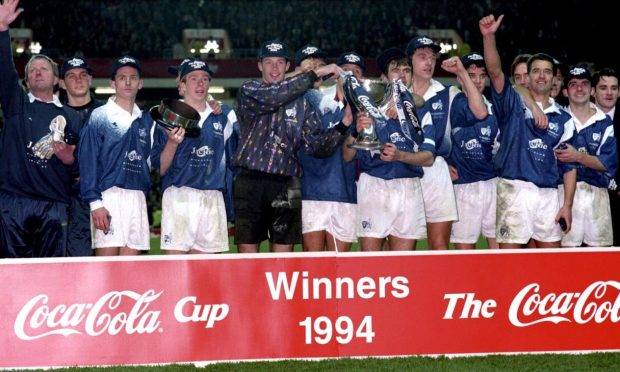
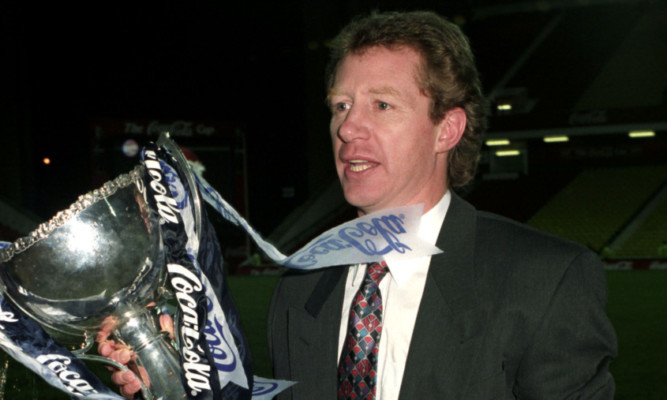
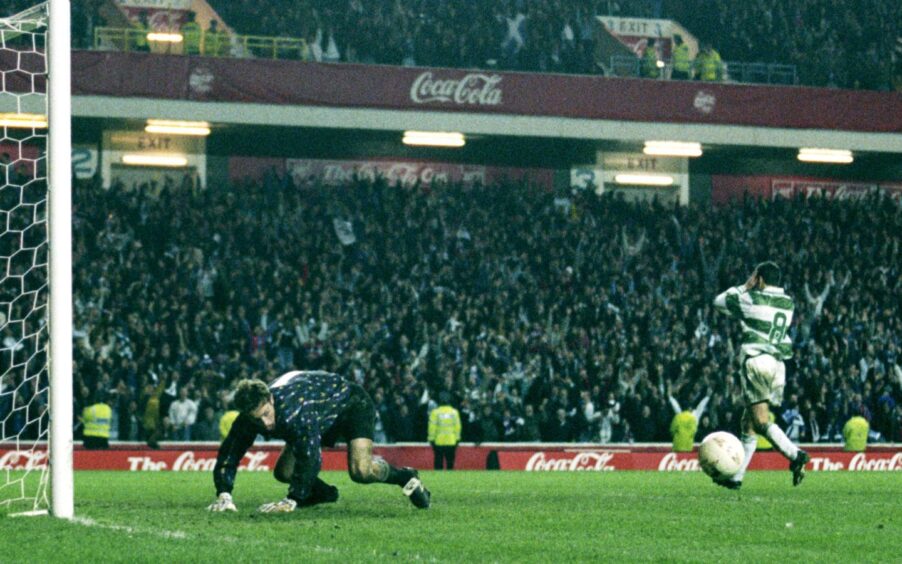
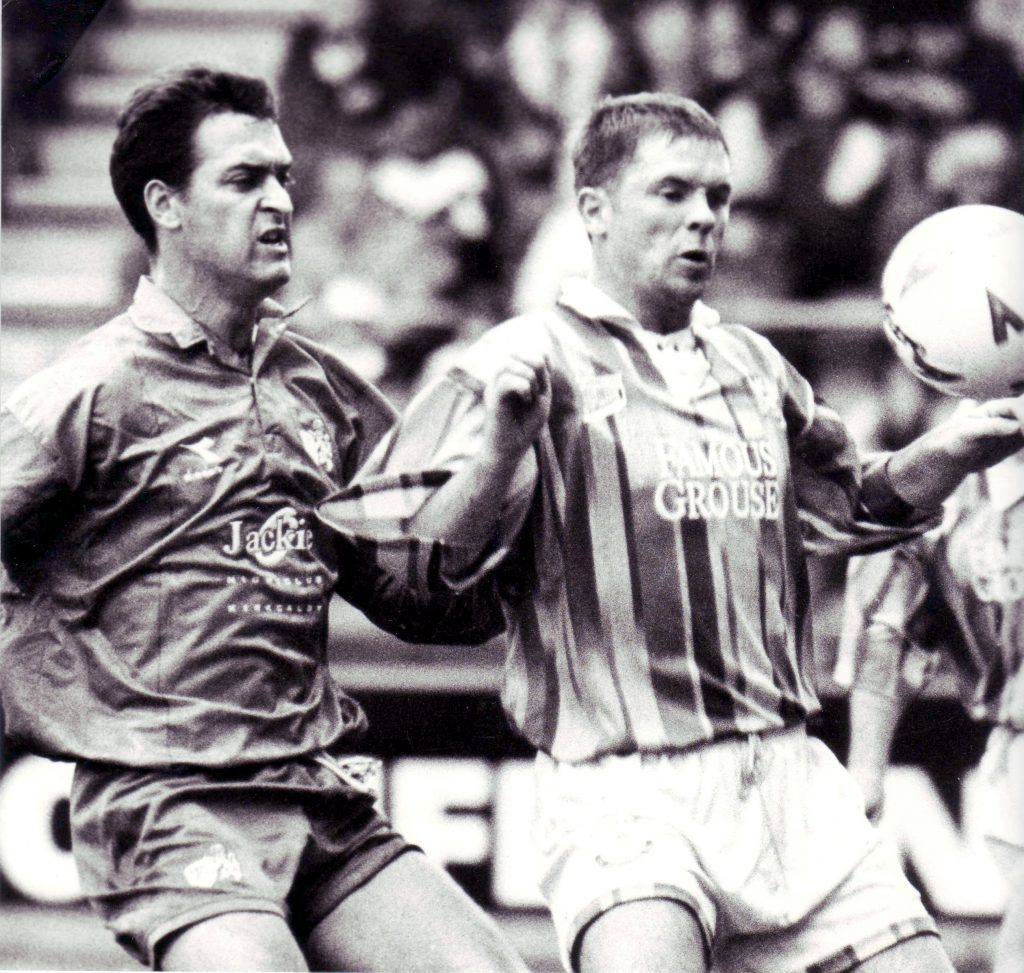
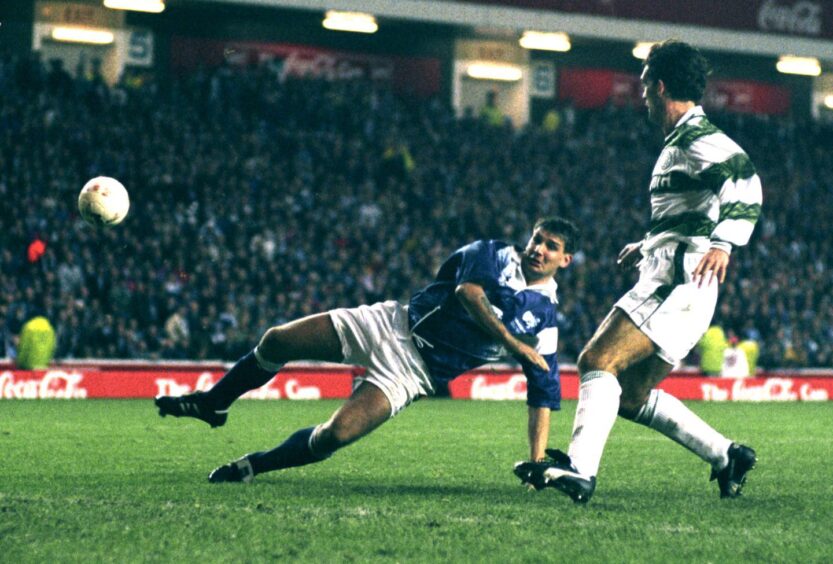
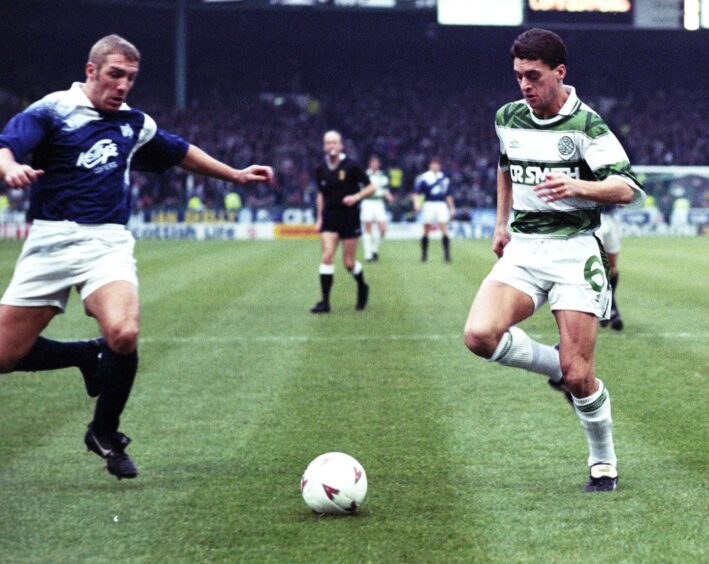
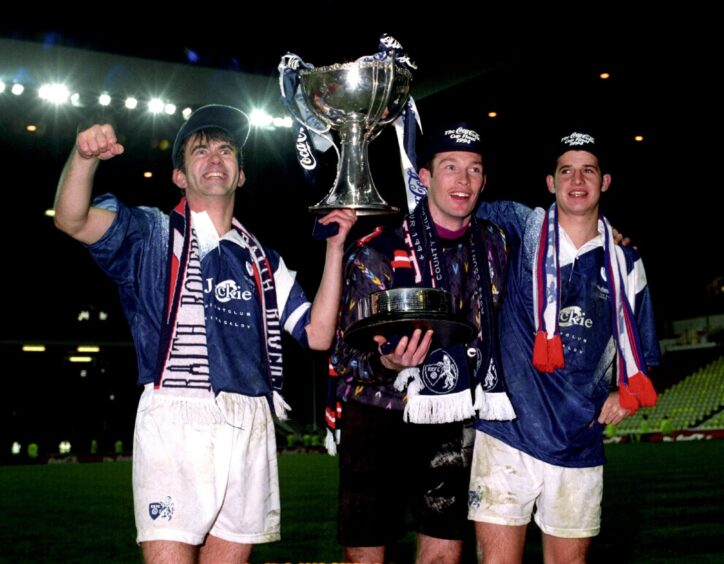
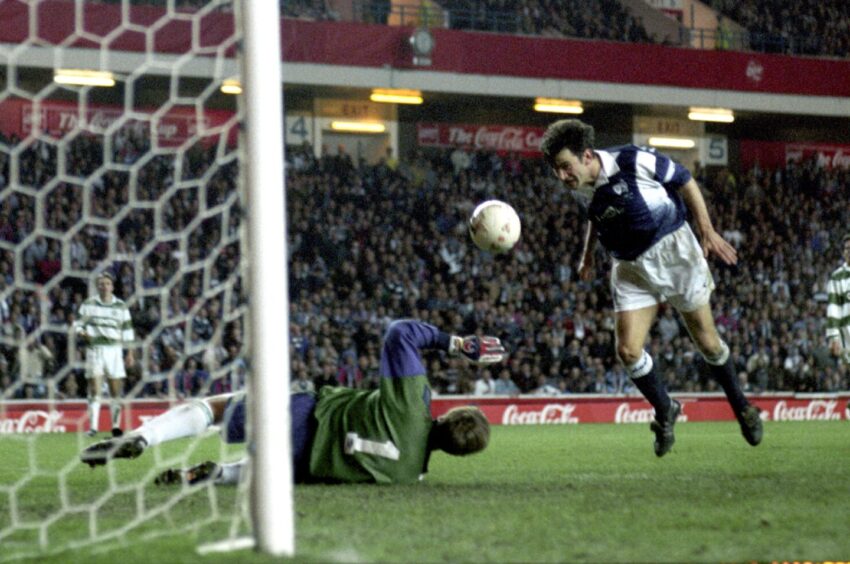
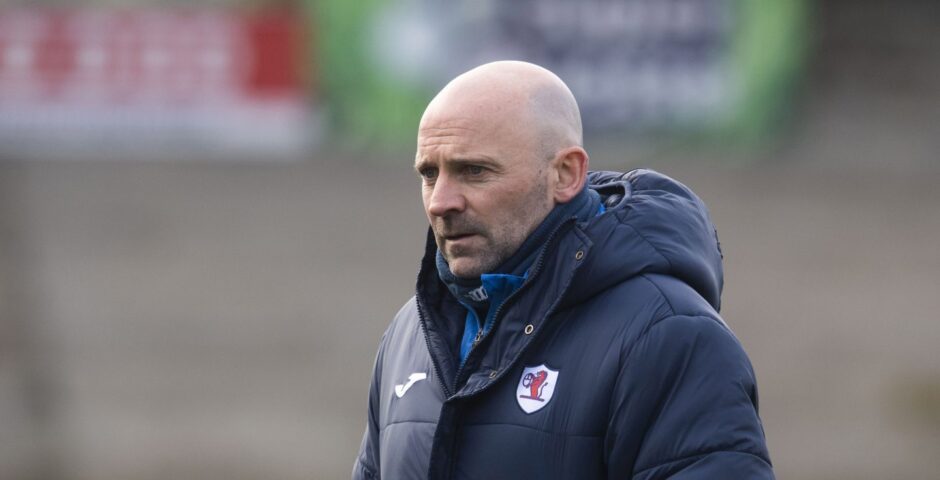
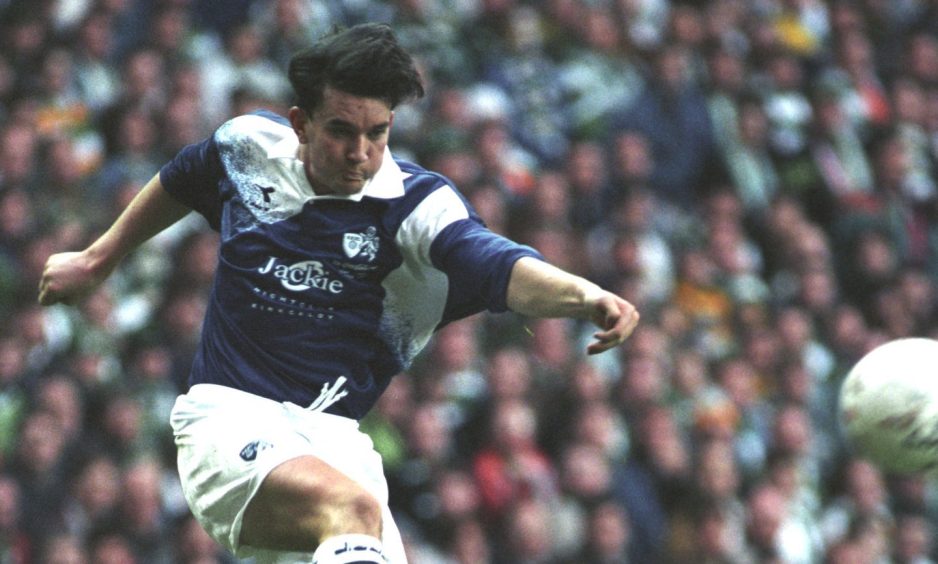
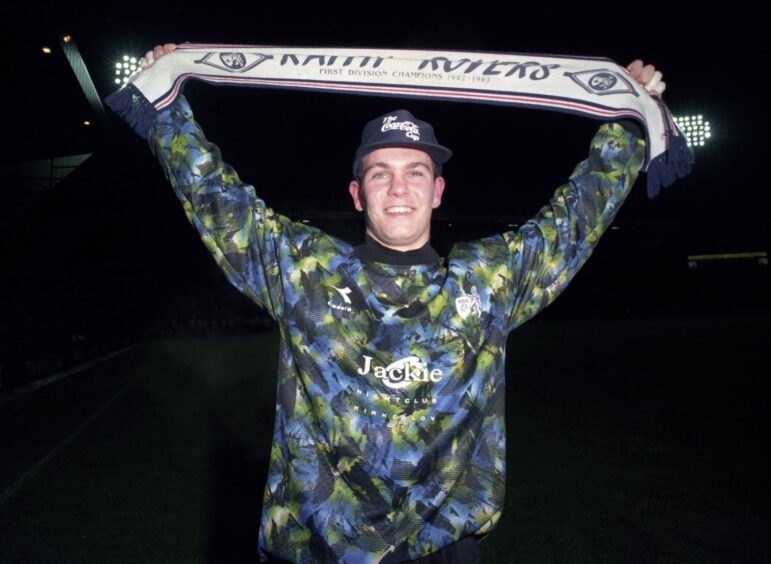
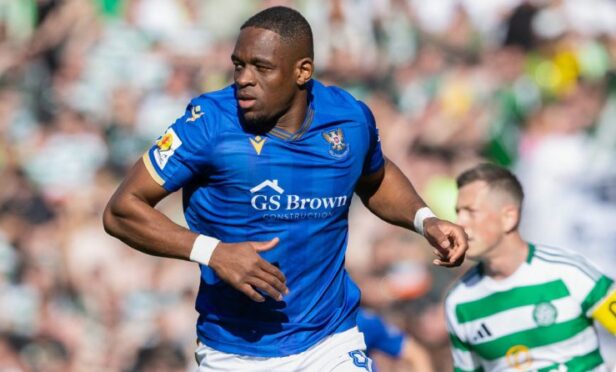
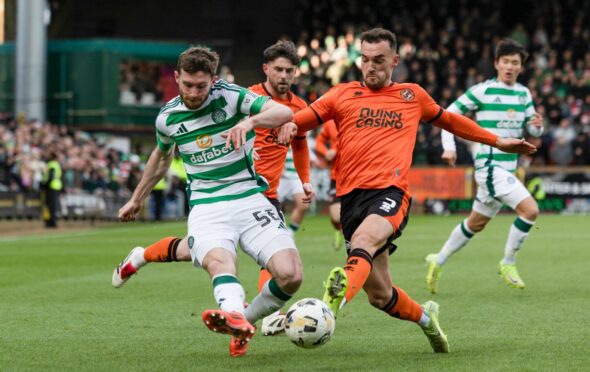
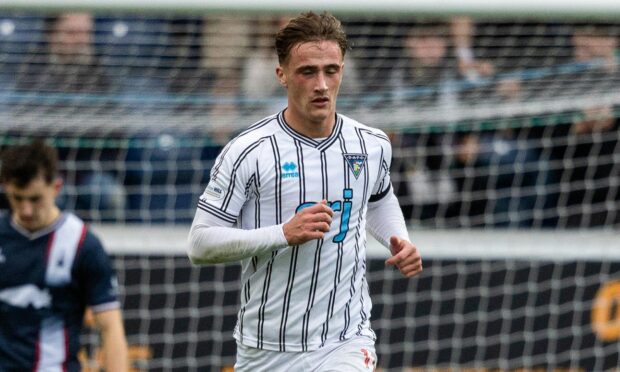
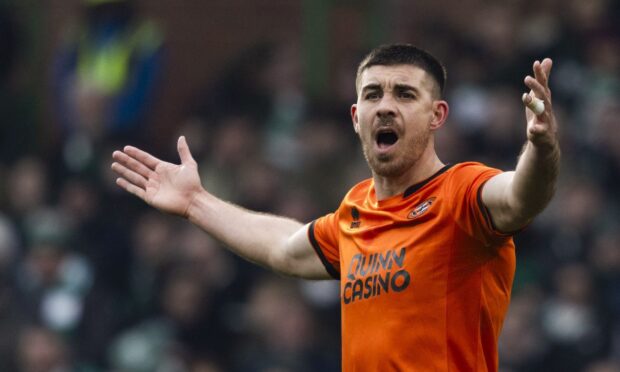
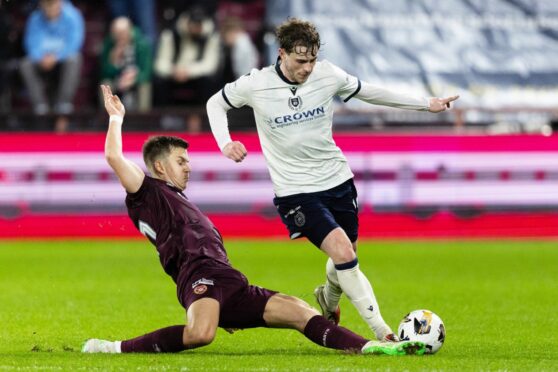
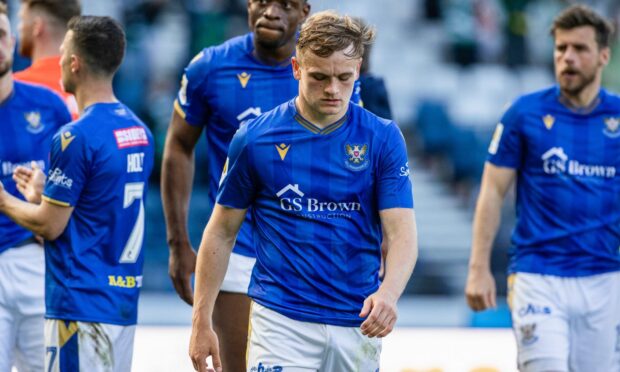
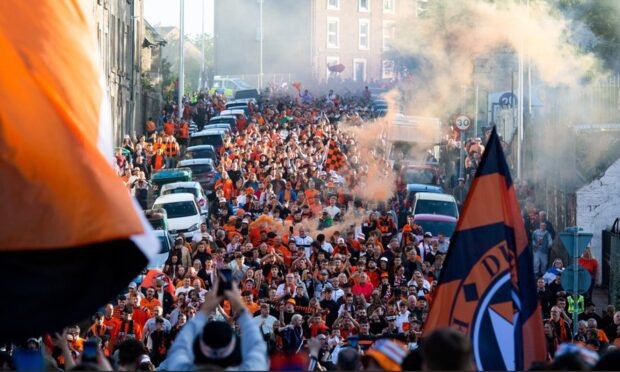
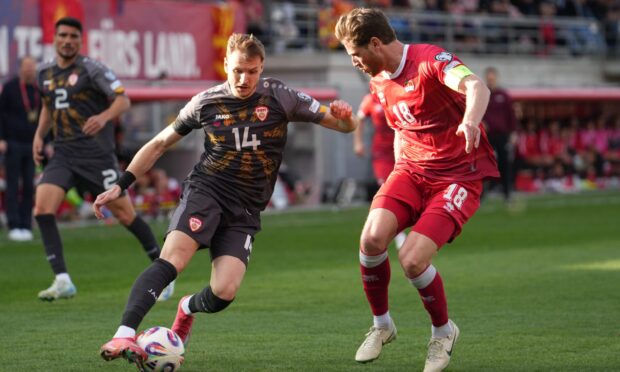
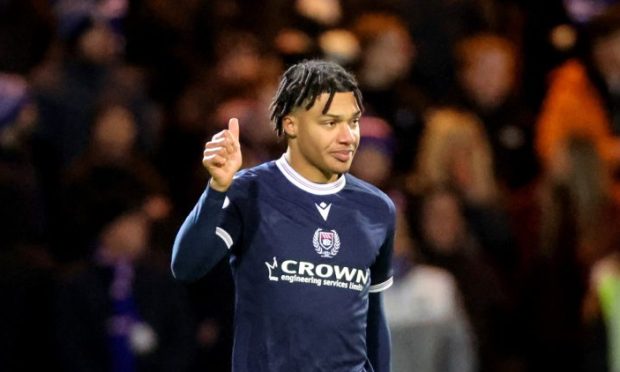
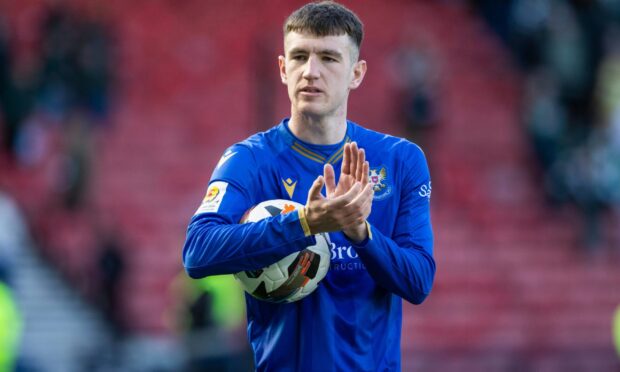
Conversation